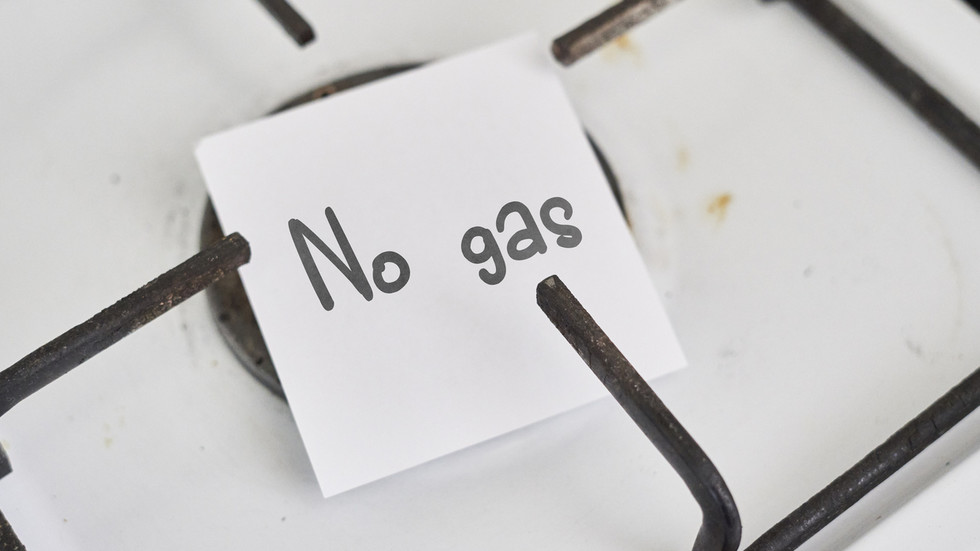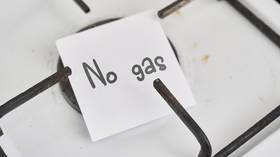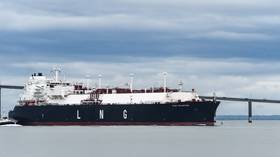
The agency says shortages may be avoided if the bloc takes more decisive action to improve energy efficiency

© Getty Images / Golib Tolibov / EyeEm
EU member states face a potential gas shortfall of 27 billion cubic meters (bcm) in 2023, the International Energy Agency (IEA) warned in a report on Monday.
The report outlines a number of solutions to avoid an energy crisis in the region and urges Brussels to step up efforts to ensure next year’s energy supply.
“2023 may well prove to be an even sterner test for Europe because Russian supplies could fall further, global supplies of liquefied natural gas (LNG) will be tight – especially if Chinese demand for LNG rebounds – and the unseasonably mild temperatures seen at the start of the European winter are not guaranteed to last,” the agency stated.
The report, titled ‘How to Avoid Gas Shortages in the European Union in 2023,’ offers a list of practical actions that the bloc can take to avert a shortfall and the “vicious” price spikes that would result. Such steps include boosting energy efficiency and the use of renewables, improving campaigns that promote energy saving measures and increasing gas supplies through new contracts with countries that have spare export capacity.

“These measures would cost €100 billion ($105 billion) to implement but this amount will be paid back in two years in terms of saving natural gas bills,” IEA head Fatih Birol said at a news conference in Brussels, while presenting the report alongside European Commission President Ursula von der Leyen. He added that the shortfall would have been around 60 bcm without the emergency measures already taken by the bloc to secure its energy supply this year. However, “many of the circumstances that allowed EU countries to fill their storage sites ahead of this winter may well not be repeated in 2023,” he said.
According to EU data, the bloc’s overall gas consumption in 2021 was 412 bcm, while imports from Russia amounted to 140 bcm. The latter figure has already dropped to about 60 bcm in 2022 as a result of sanctions. Von der Leyen said at the press-conference that the region is “safe for this winter” in terms of gas, but called for stronger action to ensure next year’s supplies.
“Europe needs to step up its efforts in several fields, from international outreach to joint purchasing of gas and scaling up and speeding up renewables, and reducing demand,” she stated.
For more stories on economy & finance visit RT’s business section




